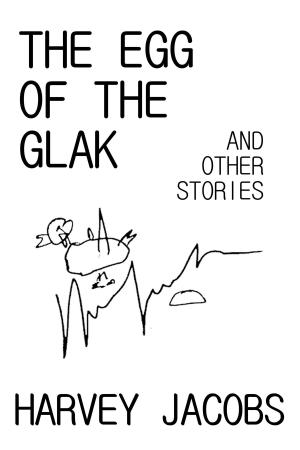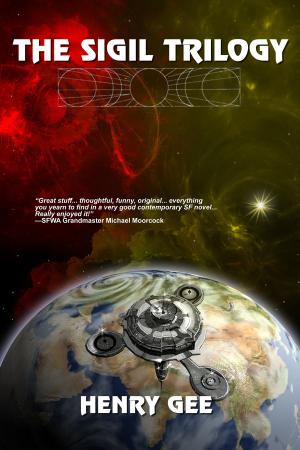The Tale that Wags the God
Fiction & Literature, Literary Theory & Criticism, Science Fiction, Science Fiction & Fantasy| Author: | James Blish | ISBN: | 9781310033322 |
| Publisher: | ReAnimus Press | Publication: | February 22, 2016 |
| Imprint: | Smashwords Edition | Language: | English |
| Author: | James Blish |
| ISBN: | 9781310033322 |
| Publisher: | ReAnimus Press |
| Publication: | February 22, 2016 |
| Imprint: | Smashwords Edition |
| Language: | English |
This is a posthumous collection of Blish essays, mostly on science fiction and fantasy. These include studies of Poul Anderson, James Branch Cabell, and the application of Spengler to science fiction. Other pieces range from "Music of the Absurd" (modern music—more fantastic than any fiction ) to the autobiographical "A Science Fiction Coming of Age" (focused on Blish's childhood), and a conversation with Brian Aldiss that reveals the emotion behind Blish the man and his fiction, as well as his intellect. Blish's comments in his two previous Advent books (The Issue at Hand and More Issues at Hand) were intended primarily for writers, although readers found his criticism fascinating as well. The essays in this collection are more generalized and theoretical. The five essays in Part I are thematically linked, and present a mosaic of Blish's view of science fiction, helping place it in the general context of art, literature, and life. Together, these essays seem to form part of the extended theoretical and historical work that many critics and writers wished Blish would write. Alas, he died too soon. Last but not least is a very detailed 96-page Bibliography of the Works of James Blish, by his widow, Judith Lawrence Blish.
This is a posthumous collection of Blish essays, mostly on science fiction and fantasy. These include studies of Poul Anderson, James Branch Cabell, and the application of Spengler to science fiction. Other pieces range from "Music of the Absurd" (modern music—more fantastic than any fiction ) to the autobiographical "A Science Fiction Coming of Age" (focused on Blish's childhood), and a conversation with Brian Aldiss that reveals the emotion behind Blish the man and his fiction, as well as his intellect. Blish's comments in his two previous Advent books (The Issue at Hand and More Issues at Hand) were intended primarily for writers, although readers found his criticism fascinating as well. The essays in this collection are more generalized and theoretical. The five essays in Part I are thematically linked, and present a mosaic of Blish's view of science fiction, helping place it in the general context of art, literature, and life. Together, these essays seem to form part of the extended theoretical and historical work that many critics and writers wished Blish would write. Alas, he died too soon. Last but not least is a very detailed 96-page Bibliography of the Works of James Blish, by his widow, Judith Lawrence Blish.















